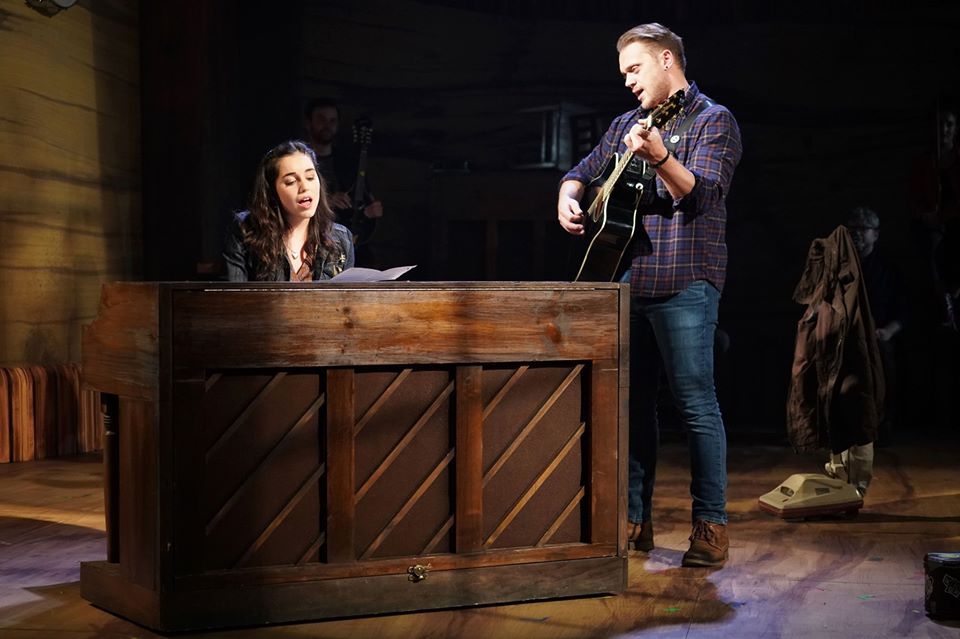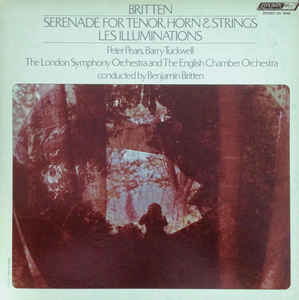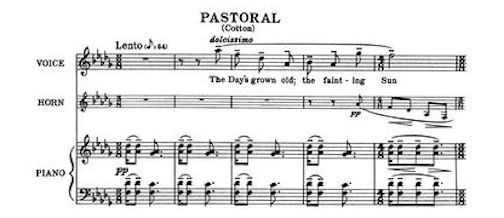* * *

The commercial triumph of “Once,” which moved to Broadway in 2012, ran there for 1,168 performances and won eight Tony Awards, was one of the happiest—and least likely—theatrical success stories of the past decade. Nor is the story over yet: If you missed out on “Once,” or merely want to see whether it’s as good as you remember, Pennsylvania’s Bucks County Playhouse is giving it a warm-hearted revival directed by Travis Greisler that’s as satisfying as the original production, maybe even more so.
By all rights, “Once” shouldn’t have gotten to Broadway at all, much less become a smash hit. It’s a soft-spoken, small-scale show performed on an uncomplicated unit set by a cast of 13 singer-actors who play their own instruments. Nor is it a full-fledged musical: “Once,” which is based on John Carney’s 2007 film, feels more like a play with songs, and the folk-pop score, by Glen Hansard and Markéta Irglová, is nothing special. And while it’s a love story, it’s a very particular kind of love story, a should-they-or-shouldn’t-they tale of two Dubliners (Matt DeAngelis and Mackenzie Lesser-Roy) who fall hard for one another but have pressing responsibilities that pull them in opposite directions. A musical for adults, in other words, told with a forthrightness that’s guaranteed to put a lump in your throat….
* * *
Read the whole thing here.A video featurette about Once:


